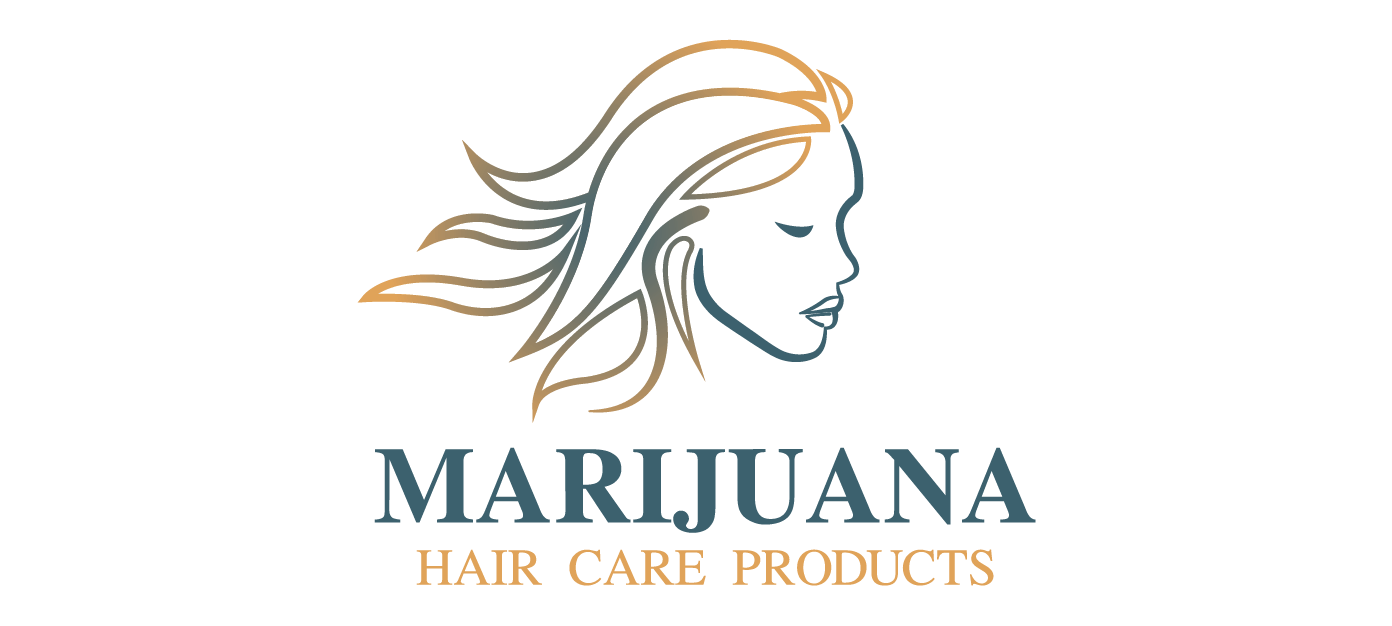When it comes to hair loss, many consumers are turning to marijuana-based shampoos, conditioners, and serums for possible help. These products often feature cannabidiol (CBD), hemp seed oil, or other cannabis-derived extracts marketed as natural solutions to thinning hair. But do they actually work—or is it just a wellness trend wrapped in green packaging?
The Science Behind Hair Growth and Cannabinoids
Researchers have discovered that human hair follicles contain cannabinoid receptors that interact with the body’s endocannabinoid system (ECS). This system regulates several physiological processes, including cell growth and hormone balance—both critical to hair health. In lab studies, activating certain receptors, such as CB1, can inhibit hair shaft growth, while blocking them may encourage growth.
CBD, one of the most studied cannabinoids, acts on several different pathways in the scalp. It may help balance sebum (oil) production, improve circulation, and reduce inflammation—factors that can all contribute to a healthier scalp environment. A balanced, nourished scalp is essential for maintaining strong follicles and potentially slowing hair loss.
What the Early Research Suggests
Preliminary studies and small clinical observations have shown some promise. In certain cases, topical hemp or CBD formulations were associated with increased hair density after several months of consistent use. However, most of these studies are limited in size and scope, often relying on blends that include other active ingredients like menthol or peppermint oil—making it difficult to pinpoint CBD as the sole contributor to results.
Scientists also emphasize that cannabinoids can behave differently depending on concentration. At low levels, CBD may support follicle activity, but at higher doses, it might trigger the hair’s resting phase. This dose-sensitive effect means that more CBD isn’t necessarily better, and balance is key.
Dermatologist Insight and Consumer Guidance
Dermatologists generally view marijuana-based hair products as experimental, not proven treatments for hair loss. Established medical solutions—such as minoxidil or finasteride—remain the most effective and scientifically supported options for preventing or slowing thinning. However, cannabis-derived formulations could complement these treatments by reducing scalp irritation, promoting moisture retention, and encouraging overall scalp health.
Consumers exploring marijuana-infused products should read ingredient labels carefully. Look for clearly stated cannabinoid concentrations and avoid formulas that promise “instant regrowth.” While these products may enhance scalp wellness, they should not replace dermatologist-recommended therapies for significant hair loss.
The Bottom Line
Marijuana-based hair care products hold intriguing potential, particularly in promoting scalp health and reducing inflammation. Yet, the current evidence does not confirm that they can prevent or reverse hair loss. For now, consumers can think of these products as supportive rather than curative—best used as part of a holistic routine guided by expert advice.

